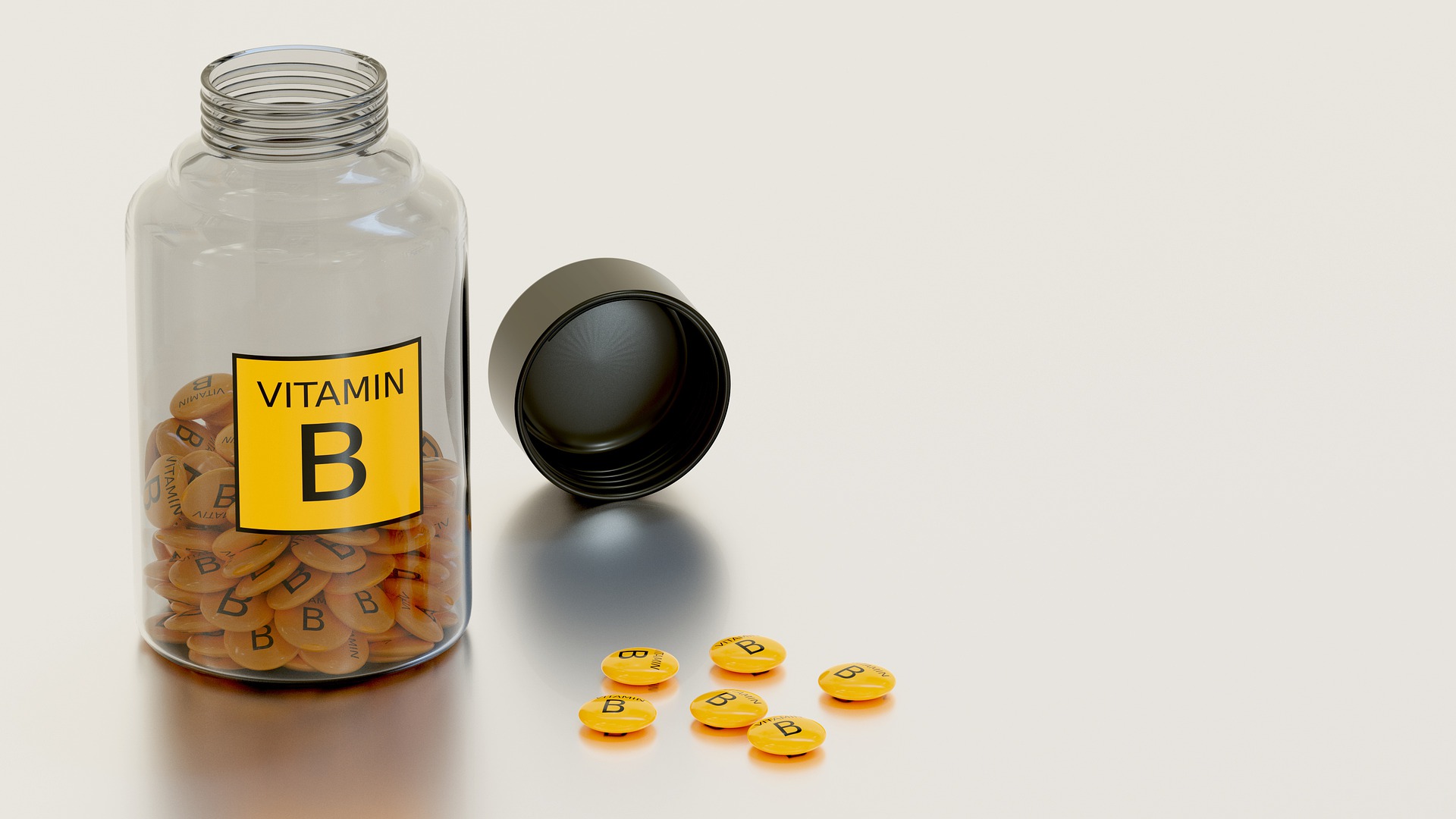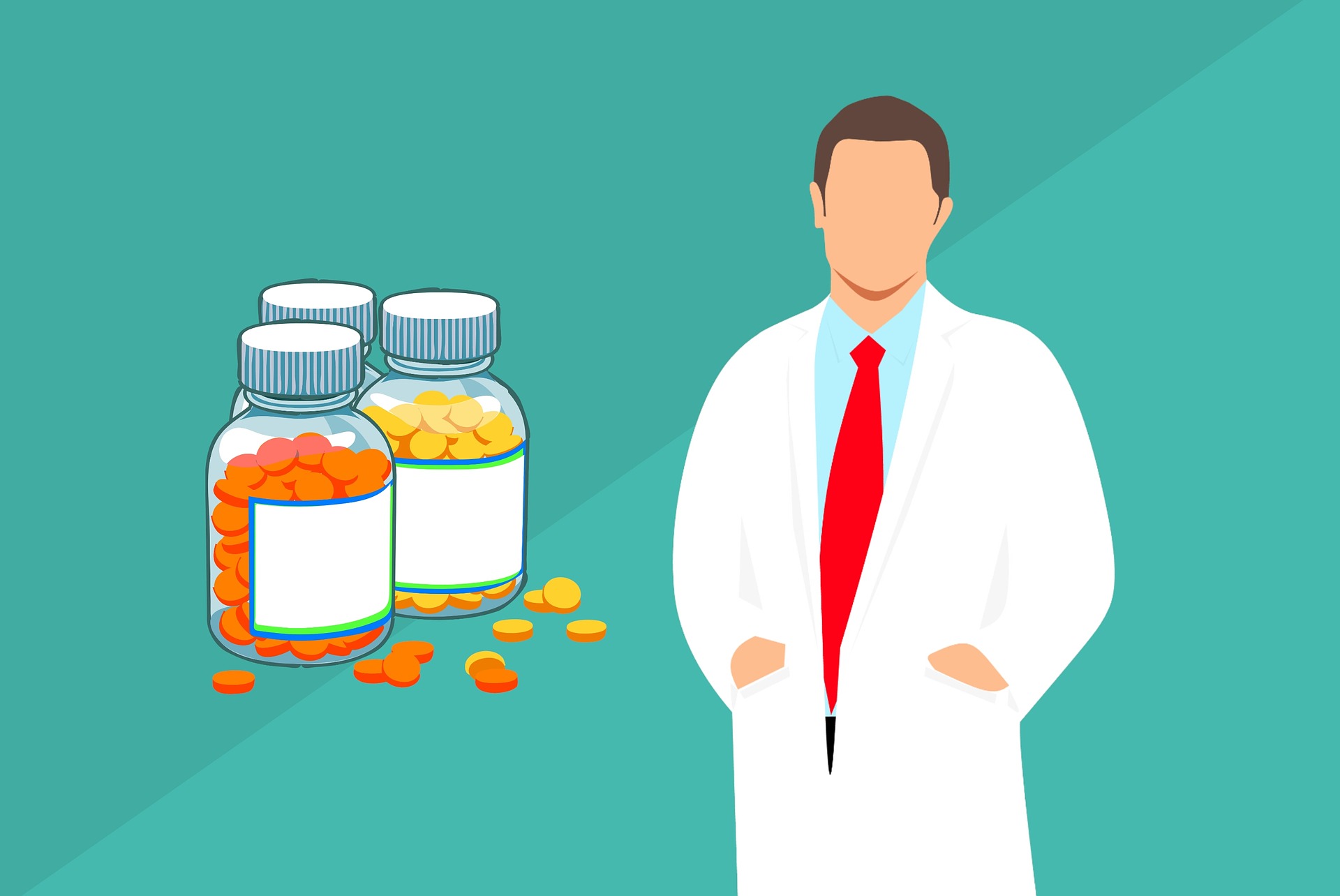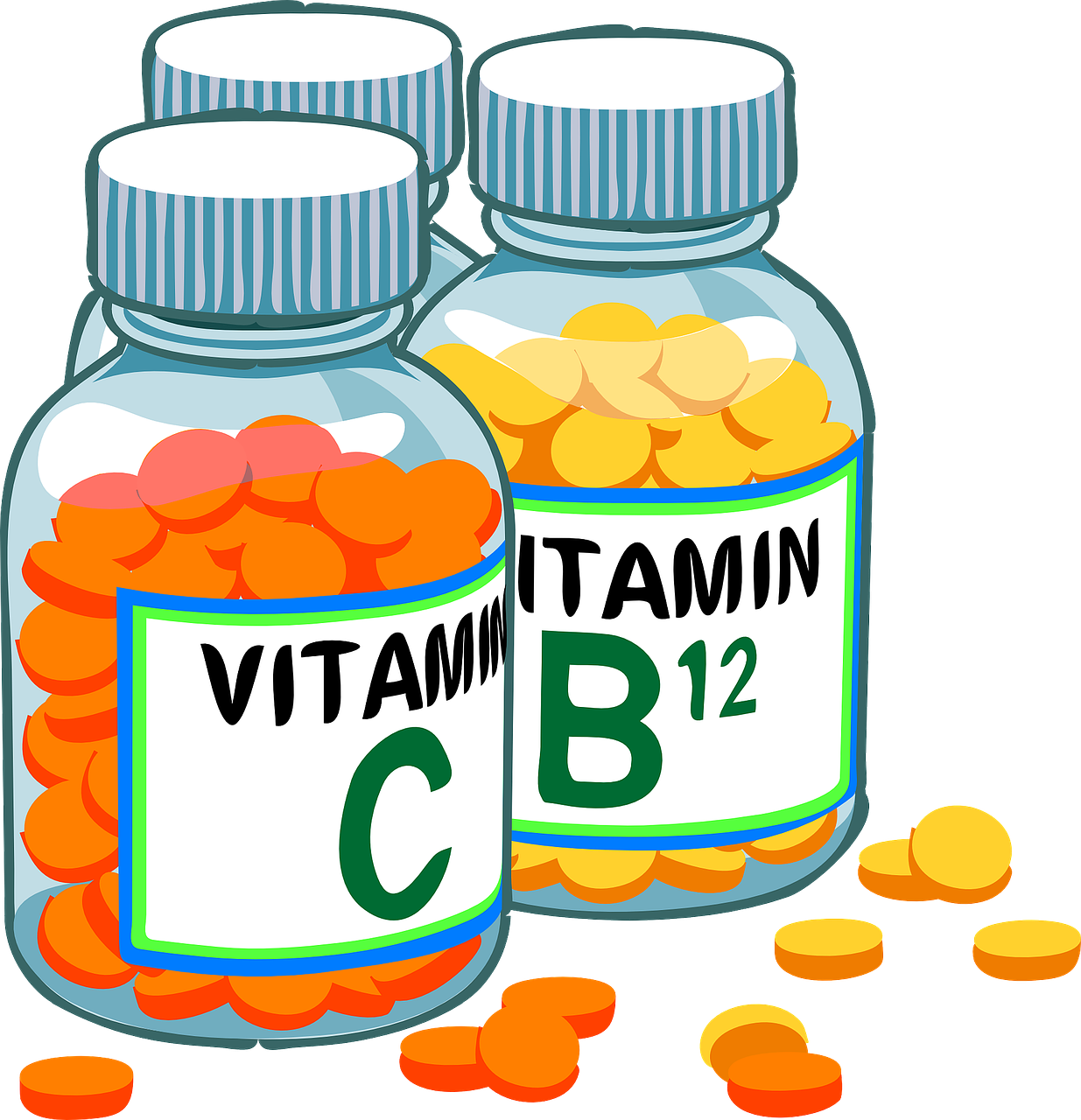If you have transitioned into a vegan diet, or you’re thinking about it, it’s important to consider the dietary adjustments you need to make to ensure you are getting sufficient nutrients. “But vegans just eat plants right, so surely there’s enough nutrients?”
Unfortunately not, a variety of nutrients are mainly – and in some cases – only found in animal products, for example vitamin B12.
So if you’re vegan or vegetarian and want to make sure your health is in tip top shape, here’s what you can do…
What is vitamin B12 and why is it important?
Vitamin B12 is a water-soluble vitamin, also known as cobalamin (Cbl), and is a nutrient solely found in animal products. Some vegans argue that it’s also found in algae, but it exists in an inactive form so cannot be synthesized by the body.
This vitamin is essential to a number of biochemical processes in the body like red blood cell formation, DNA synthesis and the functioning of your neurological and nervous systems. It acts as a cofactor in methionine synthase, helping to convert homocysteine to methionine, which is needed for hundreds of biological substrates including hormones, fatty acids, DNA and proteins. For every biochemical reaction in fat and protein metabolism, B12 is needed as an essential cofactor.
The reason that B12 is not found in plant food, is that it is only produced by microorganisms. Plants have no need to synthesize B12 and have no mechanism to make or store it, so the assumption that vegans can get sufficient B12 from algae and tempeh is not scientifically accurate.
In fact, according to Jack Norris, a registered dietitian and vegan expert: “if there is ever B12 found in plants, it’s only due to cross-contamination”. Not all bacteria are B12-producing and thus just because some plant foods like tempeh are fermented by bacteria, this does not mean they now contain B12, as commonly assumed.
Only animal products like meat, fish, eggs, poultry and dairy are natural sources of B12 because it’s found in the intestine of the animal, or their diet (if the animal is raised organically). Some foods like cereals have been fortified with B12 to address the growing deficiencies in society as more and more people transition to a more plant-based lifestyle.
Although this is growing, it isn’t a new phenomenon. A study conducted in 1955 found B12 to be a common deficiency in vegans. In today’s world, statistics from meta-analyses have ranged from a 43 percent to an 88 percent prevalence of B12 deficiency in vegans. This can have serious health consequences.
What happens if you don’t get enough vitamin B12?
Vitamin B12 deficiency is associated with a number of health problems ranging from impaired athletic performance to an increased risk of dementia. This is because this vitamin is so essential to such a large number of biochemical processes and without it, these processes are impaired.
For example as shown in this study, B12 helps to control high levels of homocysteine in the blood. Without sufficient B12, homocysteine will continue to rise which increases the risk of developing heart disease and cardiovascular disease.
A common symptom of B12 deficiency is pale or yellow-toned skin and eyes, a condition known as jaundice. This occurs because of the integral role of B12 in the production of DNA needed to synthesize red blood cells. Without this essential nutrient, the cells are incomplete and unable to properly do their job, resulting in a type of anemia known as megaloblastic anemia characterized by fragile, weak and large red blood cells.
Due to their extended size, they’re unable to circulate properly around the body, resulting in a pale or yellow appearance. Not only does this look far from healthy, it is also causing irreparable harm in the body.
If you’re B12 deficient, you’re also going to be feeling weak and tired all the time. This is because the job of red blood cells is to carry oxygen around your body, so when they are impaired, your body is not getting enough oxygen.
Due to B12’s integral role in nerve functioning, a deficiency can result in nerve damage. This is one of the more common and unique symptoms of the deficiency, characterized by a lasting sensation of pins and needles.
It’s often assumed that the main outcome of B12 deficiency is anemia, but in fact the more statistically common outcome is nerve and neurological problems. A study that examined this found that nearly 30 percent of people with B12 deficiency had neurological symptoms without the presence of anemia
So how much vitamin B12 do you need to consume?
According to the US recommended dietary allowance (RDA), 2.4 micrograms (mcg) of B12 per day is recommended. However this is a baseline recommendation, with certain groups like pregnant women and the elderly requiring significantly more. This is based on an assumed 50 percent absorption rate from the amount consumed from food.
The US FDA recommends that this value is higher at 6mcg per day, based on the fact that a growing substrate of people in society are deficient, and there is no upper limit for B12, meaning it is not toxic for the body in high doses.
According to a large scale study, milk and fish were found to be better sources of B12 than meat and eggs, based on the bioavailability. This is because when meat and eggs are cooked, pasteurized or exposed to LED lights, up to 50 percent of B12 is lost.
Another source of vitamin B12 is fortified foods. According to an analysis by Harvard Health, one serving of fortified breakfast cereal will provide the full recommended daily intake of B12, which is the highest vitamin density of all B12-containing foods. But ultimately, if you’re vegan you aren’t going to want to start eating animal produce – so what can you do?
Vitamin B12 supplementation
Supplementing B12 should be considered an integral and necessary part of adopting a vegan diet. The most bioavailable way to consume B12, according to a 2016 study published in the journal Nutrients, is to take a supplement. This is because B12 is present in a free form known as crystalline or protein-unbound, allowing it to bind to the protein in the saliva and be absorbed efficiently.
Our Recommendation: Performance Lab Whole-Food Multivitamin
After much research, we recommend a great multivitamin – with more than sufficient B12 – from a range by Performance Lab. The Whole-Food Multi is a supplement that contains it all, in the most bioavailable way.
Performance Lab use their own method to grow the nutrients, known as NutriGenesis ™. This method involves growing the nutrients in a lab with the same cofactors, probiotics and enzymes as you’d find in nature – making them nature identical – and much easier for the body to absorb.
Performance Lab, made by respected manufacturer Opti-Nutra, also avoids GMOs, pesticides, herbicides and a range of other toxins present in cheaper, poorly made supplements.
It provides all the essential vitamins and minerals that you need to consume in a day to live a healthy life. But unlike most supplement companies, it’s in the most bioavailable form – it’s delivery mechanism is a natural Plantcap, made from tapioca infused with a prebiotic for improved digestion and absorption of the nutrients. Commonly, supplements are coated in a semi-synthetic plastic-type coating that can cause an inflammatory response when consumed.
This supplement contains 50mcg of vitamin B12 which is 833 percent of your daily recommended value. This may seem excessive but as already mentioned, there is no upper toxicity level of this vitamin and so consuming it in excess will not cause any harm and will actually boost the bioavailability of the other nutrients in the formula, like vitamin B3, selenium and vitamin D3. The dosage recommended by Performance Lab is to consume four capsules per day, two in the morning and two around lunchtime.
This supplement is completely vegan, containing no soy, egg, fish, shellfish, dairy, wheat, peanuts and a range of other allergens. It’s completely natural. There are also separate formulas for men and women, accounting for the differences in dietary needs between the sexes.
Bonus: Nootropic Containing Vitamin B12
If you’re already taking a multivitamin and don’t want to repurchase, here’s another suggestion for you: Opti-Nutra are also the manufacturers of the lauded supplement, Mind Lab Pro.
This supplement is a type of nootropic that boosts cognitive functioning, naturally. It contains 7.5mcg of B12 which hits the daily recommended value, also grown through the method of NutriGenesis™ and is vegan.
You won’t find B-vitamins in all nootropics, so this gives you a double whammy – strong proven ingredients to boost your brain power naturally, and the B12 you need to be healthy (alongside B6 and B9, also included).
If you’re thinking about becoming a vegan, or perhaps you already are, and you haven’t yet thought about supplementing B12, then use this information to push you in the right direction – towards supplementation.
Ultimately, supplementation is the most bioavailable way to consume and absorb B12 and is, in fact, the only way for a vegan to safely ensure they are avoiding deficiency and the associated symptoms.
Add The Sports Daily to your Google News Feed!









